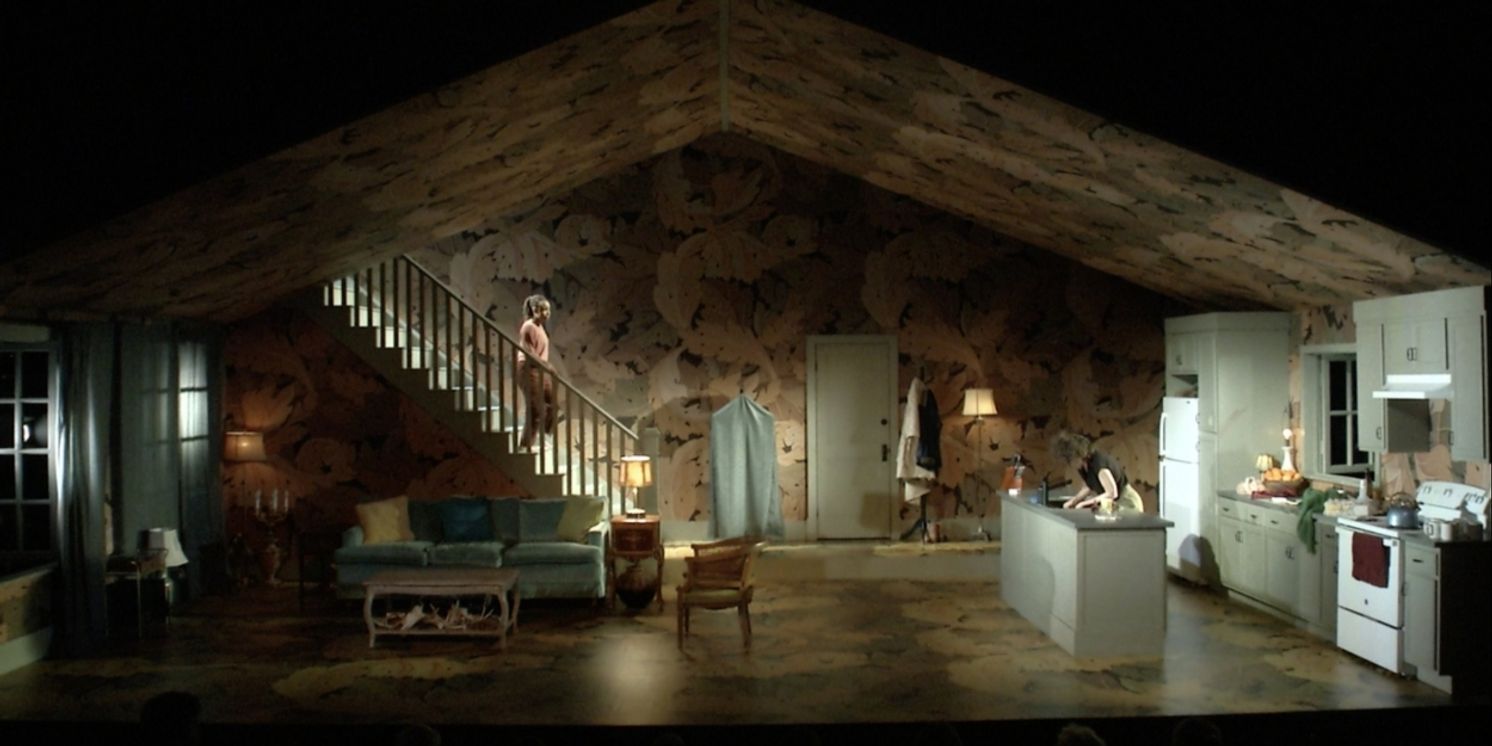Review Roundup: Lincoln Center Theater/LCT3's Presents DAPHNE By Renae Simone Jarrett
DAPHNE will run for six weeks only through Sunday, November 19 at the Claire Tow Theater.

Lincoln Center Theater/LCT3 is presenting the world premiere production of Daphne a new play by Renae Simone Jarrett, directed by Sarah Hughes, which began performances Saturday, October 7 and will run for six weeks only through Sunday, November 19 at the Claire Tow Theater (150 West 65 Street). Read the reviews below!
DAPHNE features Jasmine Batchelor, Denise Burse, Naomi Lorrain, Keilly McQuail, and Jeena Yi.
Daphne (Jasmine Batchelor) has left the city to live with her girlfriend Winona (Keilly McQuail) in the woods, and things in the house are beginning to sour. As the days slip through her fingers and a series of unsettling incidents make her question the boundaries of her reality, a strange transformation takes hold of Daphne’s body. DAPHNE is a surreal and moving new work about the stories we tell ourselves, and the moments we’re forced to choose between difficult truths and comfortable illusions.
DAPHNE will have sets by Maruti Evans, costumes by Oana Botez, lighting by Stacey Derosier, and sound by Sadah Espii Proctor. Kara Kaufman is the Stage Manager.
Melissa Rose Bernardo, Time Out New York: Jarrett and director Sarah Hughes weave other surreal elements into the play: vegetables that cook in the blink of an eye; a pie that appears out of nowhere; a crying baby in a kitchen cabinet; characters who exit through a window or disappear in a blanket; scenes that smash-cut from one to the next, as though in some kind of time warp. But these touches don’t add up to a cohesive alternate reality; they merely seem bizarre. One wishes Daphne went all in and embraced its mythological roots.
Gillian Russo, New York Theatre Guide: It doesn't seem insignificant that Daphne and her entire network (including Piper's wife and the aforementioned maybe-witch) are people of color whereas only Winona is white, but Jarrett leaves this thread untouched. Absent, too, is any backstory for the characters — how their friendships and romances respectively came together, who Daphne is besides Winona's girlfriend, what stoked Winona's paranoid, possessive tendencies. Though appropriate to how memories and reality warp and fade in an abusive situation, these gaps make Daphne fairly thin. But the show ends on a note of hope, if a bittersweet one, that such a situation can, too, eventually fade into a mere memory.
Reader Reviews
Powered by
|
Videos

